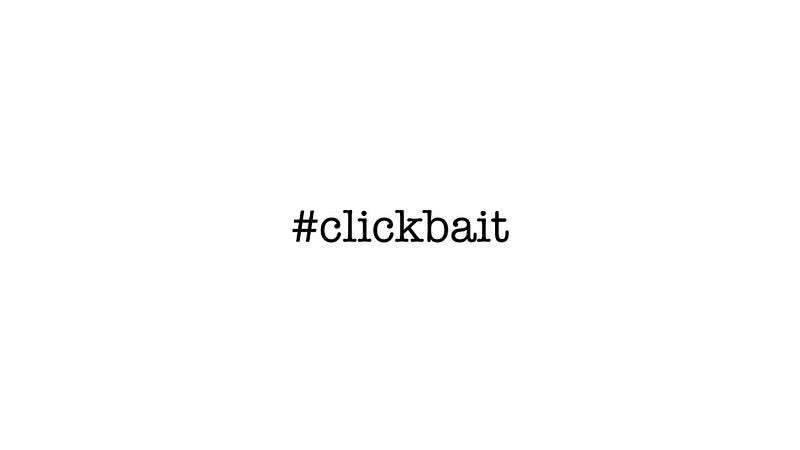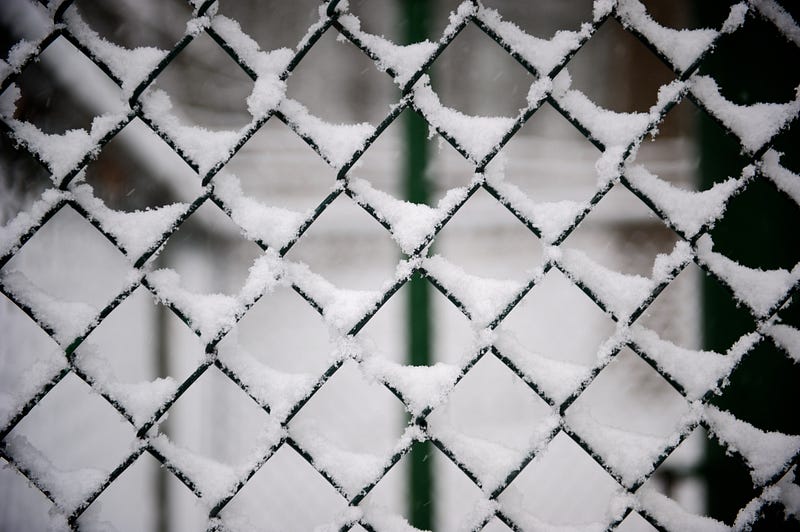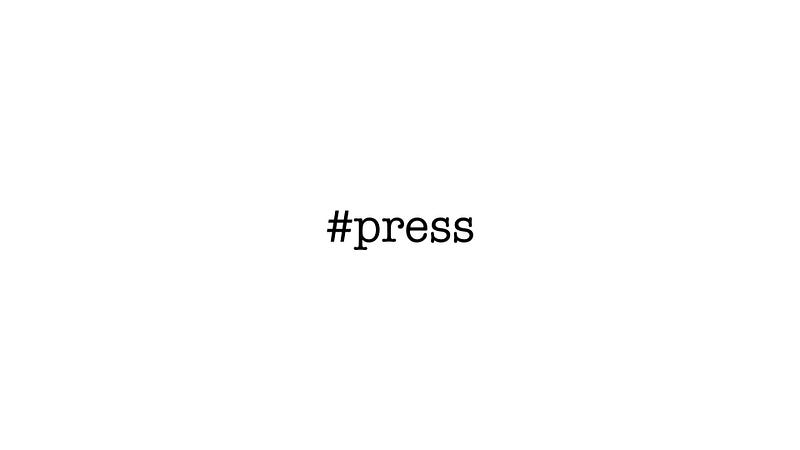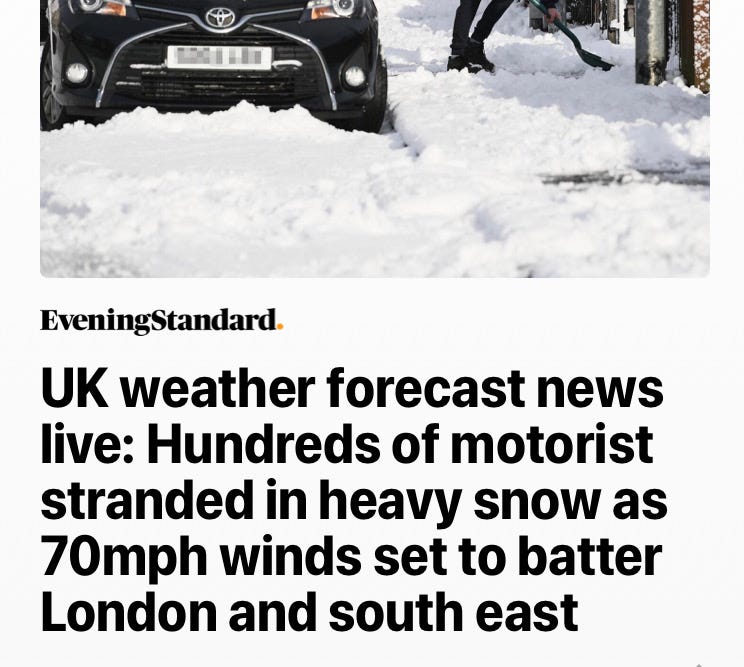
We’ve recently been experiencing a bad snow storm in the whole of the United Kingdom, they even gave it a name, ‘The Beast from the East’. The phenomena was due to the fact that the jet stream, which normally flows from west to east around the UK, had reversed and was flowing from east to west, bringing it with itself huge amount of cold air across Europe and as a consequence huge amounts of big snowfall.
In addition a rain storm with high winds coming up from the south, named Emma, hit the cold air and as a consequence deposited huge amounts of snow as well.
The whole affair was actually short-lived maybe 5 days in total. At the end of the fifth day, all snow has pretty much melted as a consequence of higher temperatures and normal rainfall.
We love talking about the weather in the UK and we love even more creating stress and drama about the weather, which indeed the media did for these storms. Don’t get me wrong there’s always a threat to life when bad weather lands like this and unfortunately 10 people did lose their lives as a result, which is very sad. Note however that on average 32 people die every week on Britains roads and they rarely get reported. The fact that we had a big snow storm made it worthy reporting.

All of it really is not assisted by the media hype and constant bombardment of hysteria, film footage, photographs and other such reports of doom and destruction. Yes it is bad and dangerous but rarely as bad as they make it out to be.
Weather reporting in the UK is massive Clickbait. Clickbait is where you create sensationalist stories in the press and media to get viewers and readers to click through to their publication and reports on the weather. When you are there, you are likely to see adverts, see requests to donate to their online website and see other articles which you will potentially read.
Why does the press need Clickbait? To ensure they can prove to their advertisers that they have millions of viewers/readers coming to their websites and as such their website is a great reason for the advertisers to spend their money with them instead of different media outlets.
In 2017 I looked at headlines every single day and copied them onto a Pinterest board to try and evidence the sensationalism that exists in the press to get us to click through. The headlines on UK weather were by far the worst and of course Donald Trump headlines too. But the weather ones were rarely factual or true and worded in such a way that you would be fooled in believing that the country would come to a standstill. It rarely does.
Happy reading!

